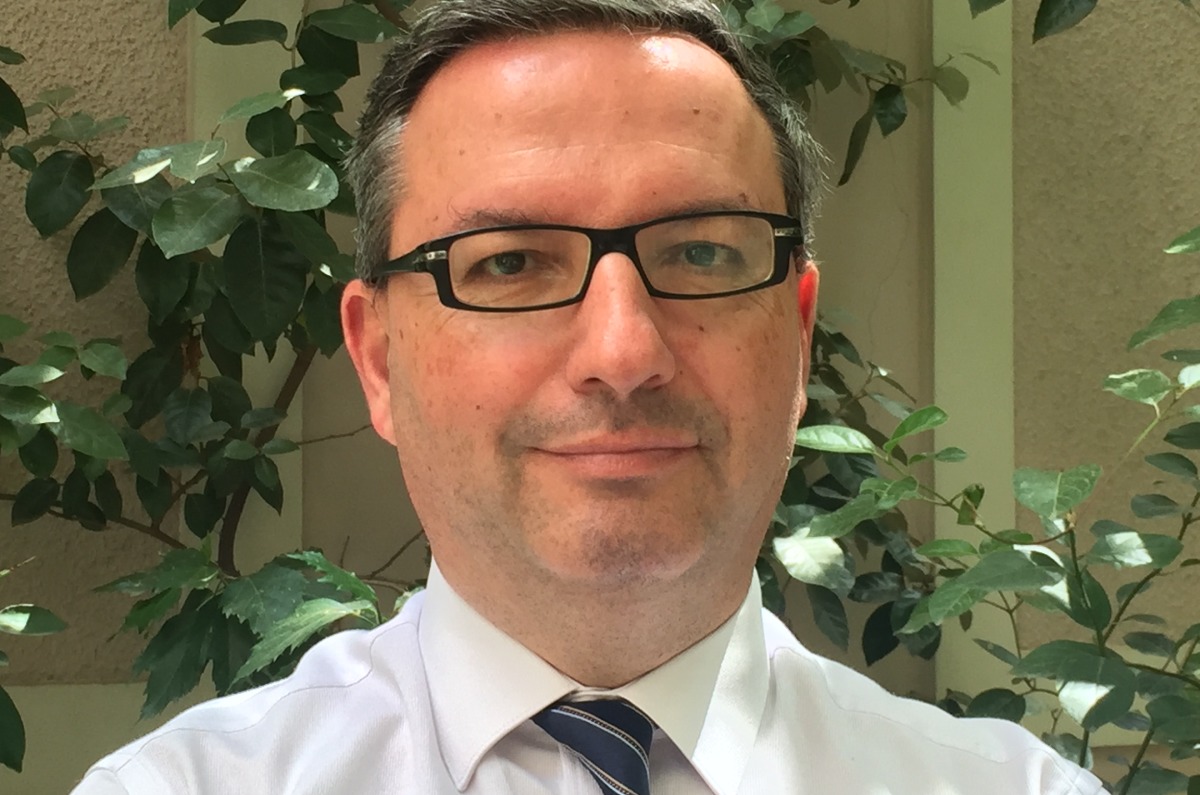The Green Economy and Sustainable Occupations of the Future
Article by Dimitris Vergados, Director of Business Issues, Public and Media Communication, SEV, at Greek Business File
The term ‘climate crisis’ has truly pervaded public dialogue recently, as it represents perhaps the most serious long-term threat on a planetary level. The experience of this past summer, with increasingly frequent reports about what is happening at the poles, the unprecedented droughts, fires and floods – and climate instability and environmental degradation in general – is one more sounding of the alarm. The need to do “whatever it takes” to make up for lost ground in response to the climate crisis, led Europe to adopt an ambitious sustainable growth agenda embodied in the “Green Deal”. The goal: to make Europe the first climate-neutral continent by 2050. Europe, with its soft power, aspires to drive the green transition worldwide, even though it is responsible for no more than 10% of global emissions. Greek entrepreneurship supports the Green Deal, recognises the significant emerging opportunities and stresses the need to get behind the transition. Interestingly, Greek industries reduced their carbon dioxide (CO2) emissions by 29% between 1990 and 2018, a rate that exceeds the overall decrease in emissions for the industrial sector in the EU (-22%) for the same period.
The development of a new green economy is the greatest challenge of our time
For SEV, developing a new green economy that is both competitive and sustainable is now imperative and constitutes the most serious challenge before us. The target for achieving climate neutrality by 2050 ushers in a new framework, setting equally ambitious goals for interrelated issues such as circular economy, energy sources, energy efficiency and biodiversity. In this new landscape taking shape all over the planet, businesses are being called upon to innovate and to meet new requirements and comply with new standards that are either set by their costumers/suppliers or imposed by the regulatory framework. This means investing in new products and new production processes, assuming the high risk of investing in research and development of new technologies and products while also seeking new markets.
The new green employment landscape: new challenges and opportunities
It goes without saying that these developments are also changing the employment landscape. According to SEV’s special report on this topic [available only in Greek], these changes will be quantitative, leading to an increase in jobs in certain sectors and a decrease in others, as well as qualitative, through the creation of new “green” occupations, the transformation of others and the addition of new responsibilities and tasks related to sustainability and environmental protection. The promotion of circular economy, the spread of electromobility, the renovation of the building stock and sustainable buildings, phasing out of lignite and expanded use of RES are key drivers for creating green jobs and occupations.
According to the SEV report, among green jobs we now witness new, entirely environment-related occupations emerging, such as:
- Anti-pollution Specialist
- Special Waste Management and Recycling Specialist (industrial waste, etc.)
- Recipient Water Bodies and Potable Water Quality Monitoring Supervisor
- Industrial Symbiosis Consultant on environmental issues
- Environmental Economist
- Environmental Audit and Certification Specialist
- Environmental Applications occupations
- Environmental Lawyer
- Renewable Energy Source Technologies Specialist
- Photovoltaic Energy Systems Specialist
- Environmental Protection Specialist
- Energy Savings Specialist
- Bioclimatic Design & Building Applications Specialist
- Wind Energy Systems Technician
- Environmental Protection – Construction Material Recycling Specialist
- Construction Engineer, emphasis on energy management
- Marketing and Sales of Energy-Saving Construction Products (Green Marketing)
- Bioclimatic Construction Architect
- Environmental Protection – Metal Product Recycling Specialist.
Nevertheless, the green transition will mainly impact and transform existing occupations, highlighting the need for workers with new, green skills. In addition, EuroFound (2019) studies estimate that more new jobs, albeit marginally, will be created in emerging green sectors than will be lost in sectors that undergo transformation because of a need to adapt to the new levels of environmental requirements. The resulting serious challenge does not relate so much to absolute employment levels as it does to ensuring the successful adaptation of enterprises and employees to this new economic reality. This adaptation is complicated by the triple divide (geographical, temporal, skills) that exists between the jobs being created and those being lost. Bridging this triple divide is a critical prerequisite for completing a fair and inclusive transition to an economy with low carbon dioxide emissions and efficient use of resources. Assisting occupational transitions through reskilling and upskilling of employees, encouraging geographic mobility and supporting the structural adjustment of the affected regions and sectors are key components of the desired solution.
In conclusion, a new “green” world is emerging, and it is our duty and responsibility to seize the opportunities for growth that arise so that businesses and workers can come to terms with the new reality and emerge stronger in the long term.





